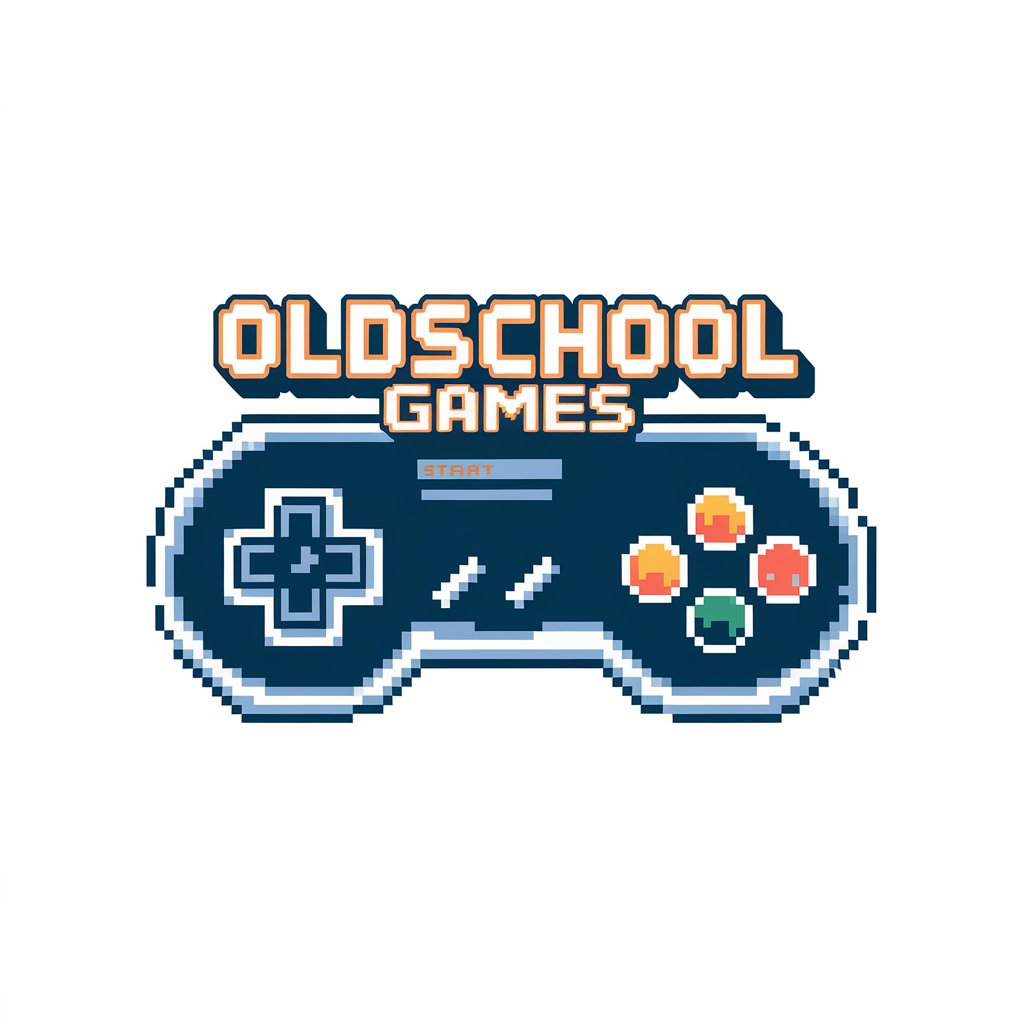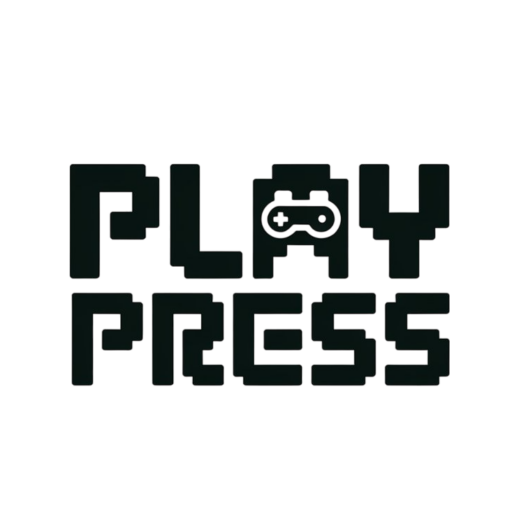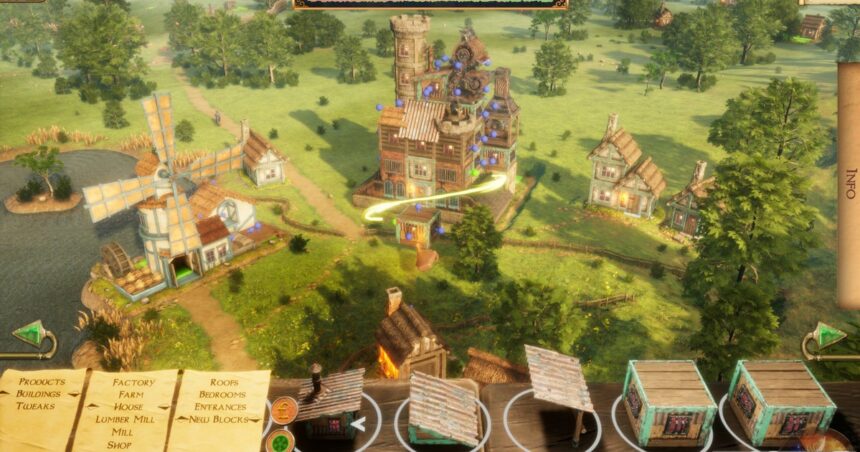Peter Molyneux was typically charming and emotional during his fireside chat at Nordic Game 2025 in Malmö this week, discussing his past work at the studios Bullfrog, Lionhead, and even the legendary doomed Kinect project Milo and Kate.
Molyneux is a complicated figure for some (in games media circles, that’s certainly the case), but the response in the room was incredibly warm. There is perhaps an understanding from the creator of Dungeon Keeper and Fable that the game has to do the talking this time.
That said, as usual, Molyneux couldn’t hide his excitement for what’s coming next.
Following last year’s in-depth chat about upcoming god game Masters of Albion, as well as his negative experiences with the press, GamesIndustry.biz caught up with Molyneux about how development on the game is progressing ahead of his talk.
This interview has been edited for brevity and clarity.
How is Masters of Albion going?
I’ve got to say this, but it’s going to get me in trouble: every atom of my being believes we’re making a great game.
I bullied, persuaded, and blackmailed a lot of the old people that I worked with, like Russell Shaw, Mark Healey and Ian Wright, Kareem Ettouney, to come back and do one last gig. And it’s incredible.
There is a magic that we used to have, when we created Dungeon Keeper and Black and White and Fable, and that magic was completely intangible. It’s not something you can produce.
But it really feels that magic is back. And I’m not saying that to you to hype the game – I’m only saying so you get a perspective of how I’m feeling about the game.
It should be impossible to make this game. It’s all about player freedom, it’s all about asking ourselves what a god game is, what it should be, and what it should stand for. But: it’s f*cking working. It’s coming together.
If you can play the game, it is something that in my mind, feels – and again, these are words that play out in my mind, this is not me hyping the title – but it feels fresh, and different, and new, and it feels, above all, insanely brave.
It’s exactly what I wanted it to be: it’s a marriage of Dungeon Keeper, and Black & White, and Fable, and it’s all [of] that put together. And how the hell does that work? It’s only now, really, in the last year, that I’ve dared to hope that this weird mixture of game mechanics can actually blend into something unique and different.
When you’re working again with all these previous collaborators, does it feel like it used to, or with time and experience, does the dynamic feel a little bit different?
There is this trust. There is this overwhelming trust that you have.
I’m not telling Mark [Healey] what to do; you don’t tell Mark what to do, he is a genius. You just show him, and he does the rest. I don’t say, ‘we should have this type of music, or we should have these sound effects’ with Russell Shaw; he just takes what I make and he adds his genius to it.
And that dynamic, I didn’t dare hope would work again, but it is working. We’ve got 24 people, because I love working with small teams.
Then to work with other people on the team that I’ve worked with for ten years, to see them embrace this thing that we’re creating, is just wonderful. I’m working harder now than I worked in my twenties.
Every moment of every day is spent on the game, and thinking about it. But that sort of focus is what you need.
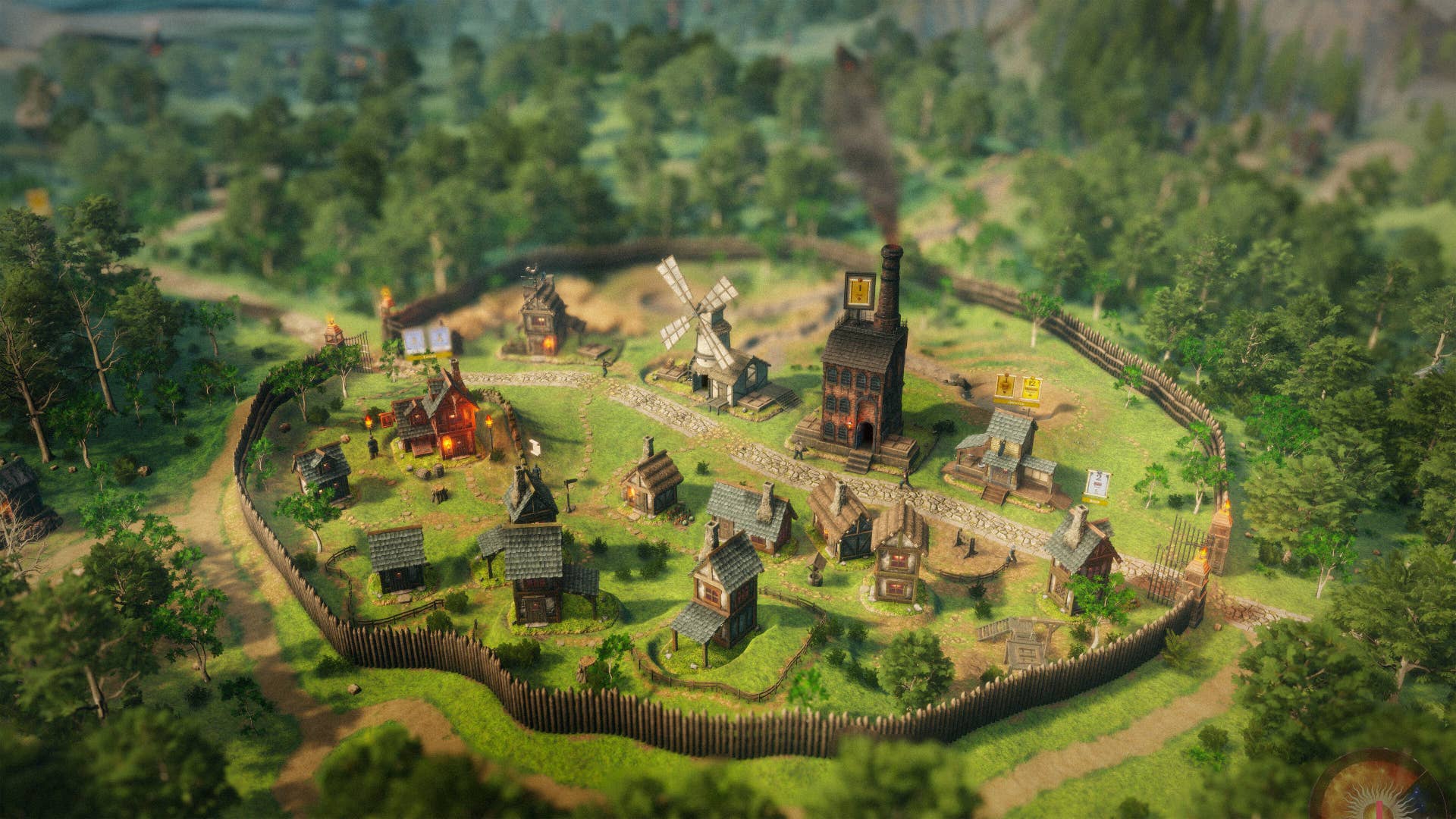
How does it feel to be in the weeds of designing a game now versus 20 or 30 years ago?
It’s funny you should ask that question, because there is this realisation that I had a while back. Journalists always ask me, ‘you’re working on an RTS one minute, you’re working on a god game another minute, you’re working on a roleplaying [game] another minute, where’s the consistency?’
I think I’ve realised that the consistency is the experience that the player has. What we’re really trying to do is create an experience. And for me, that started back when we created a game called Magic Carpet, years and years ago.
Let me give you an example of what I mean by an experience. At that time in the industry, Doom and Quake and Wolfenstein were around, and we had that tech to do an indoor shooter just like those. And we would’ve made a shitload of money, and maybe even created a franchise.
But instead, my bastard and half-insane mind said, ‘no. Let’s not do that. Wouldn’t it be fantastically cool to experience flying? Like, flying on a magic carpet? Okay, you shoot things, but [while] flying on a magic carpet.’
That’s when I first realised, I think, that for me as a designer, it’s more about the player’s experience than it is about the mechanics.
Traditionally, if you’re making an RTS game, the first thing you do as a designer is you write down all your units, work out your attack skills, and you have your design bible, and you give that to the programming team.
That’s not the way we approach it, and that’s definitely not the way we approached it with Masters [of Albion], and we didn’t approach it [that way] with Fable, or Black & White, or any of those games.
So, the short answer to your question is, it feels so familiar to the way we used to work, and that is stumbling through the darkness looking for the daylight as you’re developing the game.
Trying things out, throwing things away, obsessing. Going, ‘that’s the heart of the game; no, actually that isn’t the heart of the game, let’s throw that away’. So in that sense it’s incredibly familiar.
It’s very, very chaotic. Those people that we do employ who have worked elsewhere, after they’ve been working with us for a week, just look defeated. ‘Tell me what to do, and I’ll do it really well.’ You miss the point: it’s not what to do, it’s how we embrace what [comes from that process].
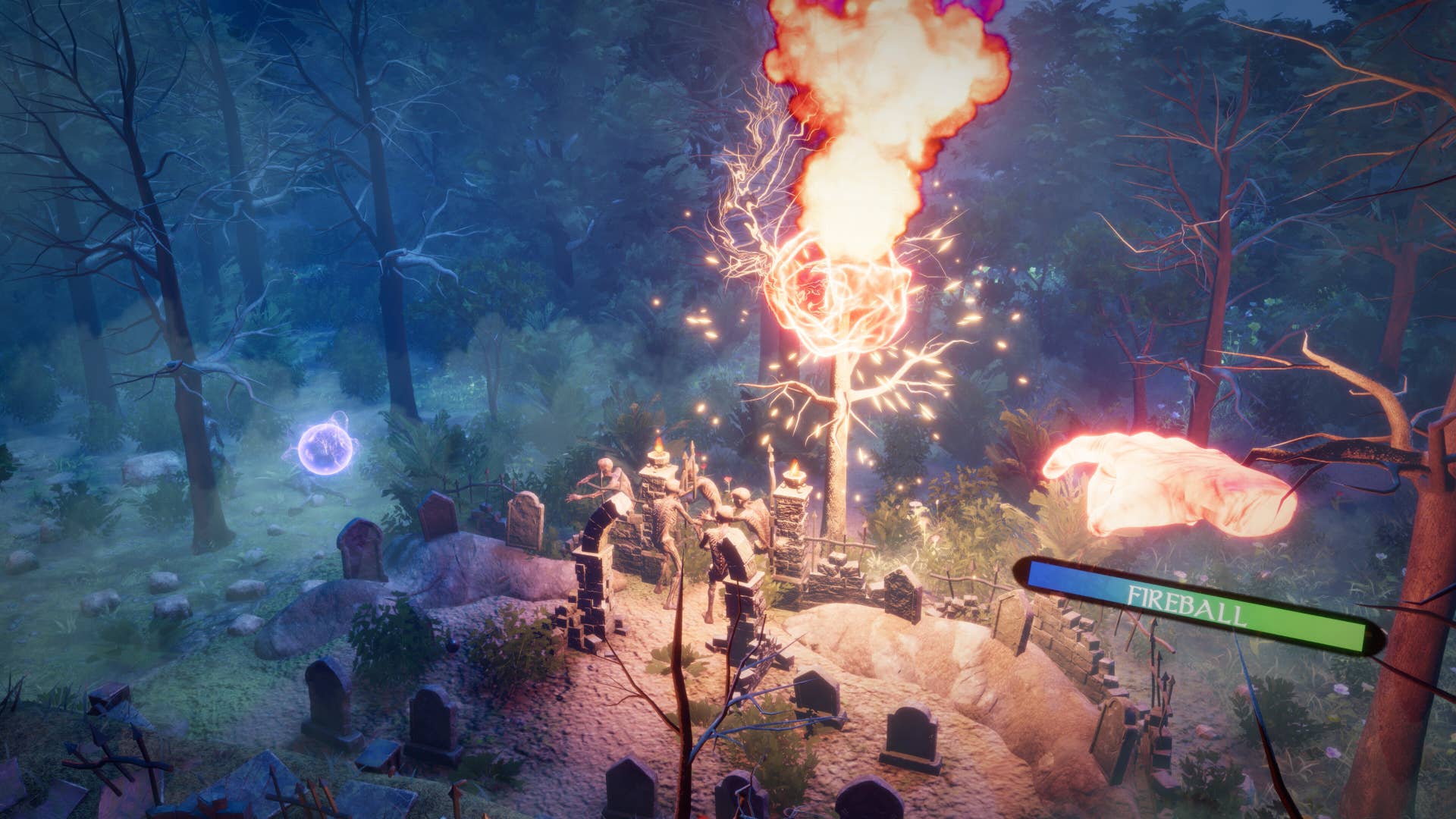
You’re launching the game in Early Access. How does the process of building a roadmap look for you, when you’re very conscious of not overpromising?
I think the real time for a roadmap is when you’re in Early Access. I’m never going to lose this creative friction that happens, but if you’ve got a live product, and we have experience of this now, because we still have two live-service products [at 22cans] – Godus and Betrayal, which are both very successful.
You can think creatively, and you absolutely should think creatively, but you’ve got to be a little bit more predictable, because you’re no longer just throwing a schedule away, you’re throwing away what people are anticipating.
So I think the time for a roadmap, the time to be predictive about what we’re releasing and share that with the community, that’s soon coming up.
The Dungeon Keeper and Black & White influences on Masters of Albion are really clear. Can you talk more about how the Fable influence manifests in the game?
The way I think of it is like making a soup. I can put potatoes in, and I can put leeks in – and it’s going to be a leek and potato soup. Then I can put strange other ingredients in, and it tastes like nothing I’ve ever tasted before. That’s how I think about Masters of Albion.
We have got bits from Dungeon Keeper; there’s a core mechanic in the game that’s absolutely inspired by Dungeon Keeper. We’ve got very visible things from Black & White, like the hand and reaching into the world, and this godlike feeling, caring for things and nurturing things, absolutely from Black & White.
But Fable: that’s where the main focus comes from, because the entire narrative, the entire world, the openness of the world, the freedom which Fable gave you as a player, absolutely is embraced [here fully].
We’ve just done some user tests – I shouldn’t say any of this stuff – using a company over in America. And the first thing that came back is, ‘oh my god, I’m playing Fable.’ That was such a wonderful moment for me.
That’s what they said when they first started playing it. And then they said, ‘no no, it doesn’t remind me of Fable, it reminds me of Black & White.’ It is a blend, but that blend, just like that soup analogy, is something new, fresh and different.
GamesIndustry.biz is a media partner for Nordic Game 2025. Travel and accommodation were covered by the organisers.
